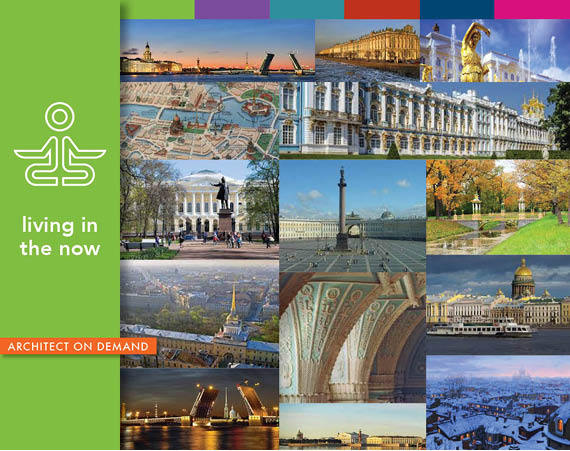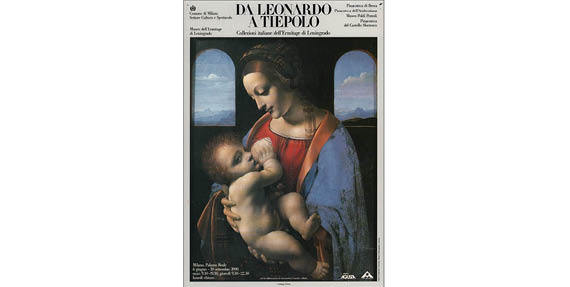Daughter Nastasya interviewed me for a class assignment. She wanted to hear about the day I left The Soviet Union, my place of origin, as a political refugee. While describing that memorable experience, I asserted that I "had nothing to hold on to." This statement has come back to haunt me: Nastasya's professor wanted her to dig deeper; he wondered why I felt that way.
Actually. Was it really how I perceived it? Why would I feel compelled to denounce my past? Why would I claim that St. Petersburg (formerly Leningrad), the place of my childhood, my origin, held no importance to me? Perhaps, I convinced myself not to cling to the past in order to make a clean break and start fresh.
Fine. My life was being turned upside-down. It was a defense reaction. I might've thought it would be easier to leave if there was nothing to hold on to. I had to embrace what was to come and not look back. Focusing on the destination, I let on that the place of origin was irrelevant. It was a naïve coping mechanism. I talked myself into it -- pretended that there was nothing to hold on to.
Thinking about it now, I realize how brutal the circumstances were: leaving my place of origin, an extension of me, without an opportunity to ever come back
Our roots are at the base of who we are. A story of anyone's life is a story of the place where they're from, whether they subconsciously hold on to it or not.
A memory comes to mind. I am in Milan on vacation twelve years later. I walk into a museum and see Madonna Litta, a painting by Leonardo from the Hermitage! I am overwhelmed. I have to tell someone how much it means to me.
I turn to a security guard who does not speak English. Somehow, I am able to convey to him that I grew up with the painting on view. He empathizes. He wants to tell me something, but the language barrier is vast. Thus, he motions to follow him as he leads me out onto the street and walks for at least 10 minutes to what turns out to be another gallery. He is finally able to just point to a building. He hands me a ticket and leaves. Inside, I find another Leonardo (Madonna and Child with Flowers) from the beloved museum I used to visit on a weekly basis!
On the one hand, it is understandable why I rushed to dismiss my childhood. The day we were immigrating was only a week away from my sixteen's birthday; I was just emerging from the most difficult time of adolescence and self-realization while questioning everything in the "rigid" society that rejected me as a Jew.
On the other hand, I am grateful for the opportunity to re-visit and set the record straight. Wiping the slate clean does not serve me. Instead, I can feel proud of my heritage. "Holding on to the past" does not necessarily mean "жить на чемоданах" (or as directly translated, "living on suitcases"). It means being able to acknowledge that "living in the now" also has a direct connection with my homeland, as it shaped me. I am who I am because of my origin, the place I am from.
As time goes on, I grow more comfortable in my own skin, thus more proud of my identity. I am grateful for the exposure I had to theater, architecture, and authentic human qualities as delineated in Russian literature.
Clearly, the trick is living in the now while embracing the past. My "baggage" is part of me. The past holds the lessons that will teach me how to create rich and meaningful present. Would you agree? I would love to hear how your place of origin influenced and shaped you. Please send your stories here.
Alla is an architect on demand advising DIY home improvement enthusiasts online.
This post originally appeared on allaDIYally.com

